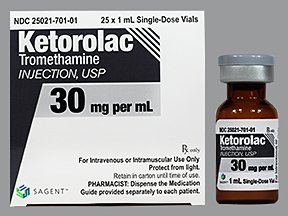 April 11, 2018
April 11, 2018By Karen Weintraub
...Now, (click here) a new study suggests the wound healing that follows surgery may trigger this spread.
As the immune system works to heal the surgical scar, it stops restraining cancer cells that have already wandered far from the tumor site, according to the study published Wednesday in Science Translational Medicine. Without this brake, those cancer cells are free to grow and become new, more dangerous tumors.
“It's not the actual surgery, but instead it's the post-surgical wound response,” said Robert Weinberg, the paper’s senior author and a biologist at the Massachusetts Institute of Technology. “It is provoking already disseminated cells to begin to grow into clinically detectable metastases.”
The good news is that the same study suggests there may be a simple solution: taking an anti-inflammatory drug.
A few days of anti-inflammatory therapy kept the immune brake engaged in mice and prevented spread, according to the study. Other research in people has already hinted at the same benefit, although more studies are needed to confirm it....
I don't know why the trials have to take place in Nigeria. Why can't the trials be held right here in the USA. Ketrolac and a placebo. Ketrolac is a fairly benign medication. It has a few side effects and there is always the question of any medication resulting in an allergic reaction. To avoid an allergy after surgery, provide a dose before the surgery.
Side effects:
- upset stomach, mild nausea or vomiting, diarrhea, constipation;
- mild heartburn, stomach pain, bloating, gas;
- dizziness, headache, drowsiness;
- sweating; or.
- ringing in your ears.
Besides, why do women in Nigeria have to carry all the risk and benefits?
...Retsky hopes trials will begin soon in Nigeria to test the benefits of adding ketorolac, which is often used in lieu of opioid painkillers, to the surgical process....